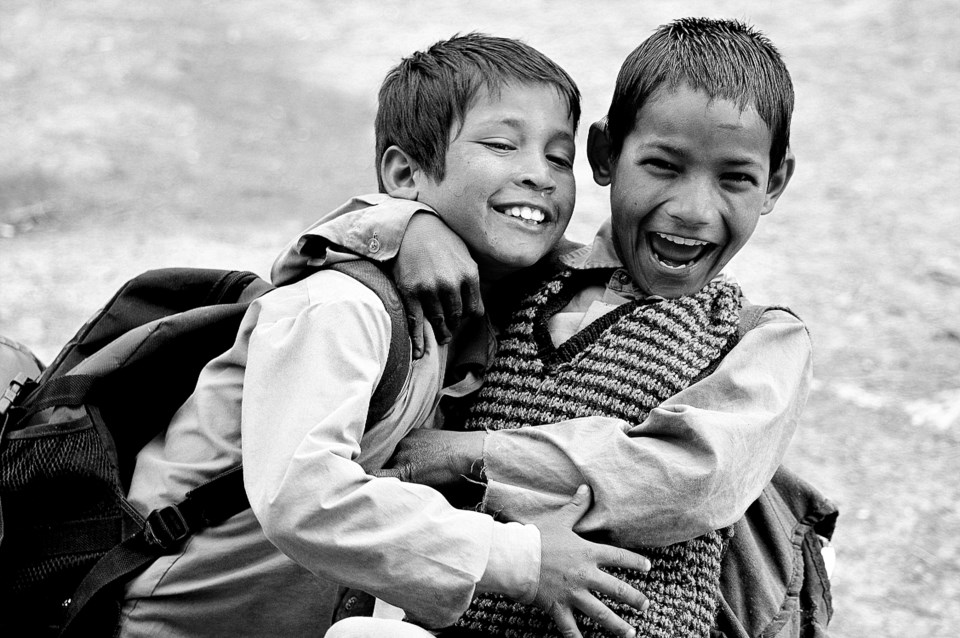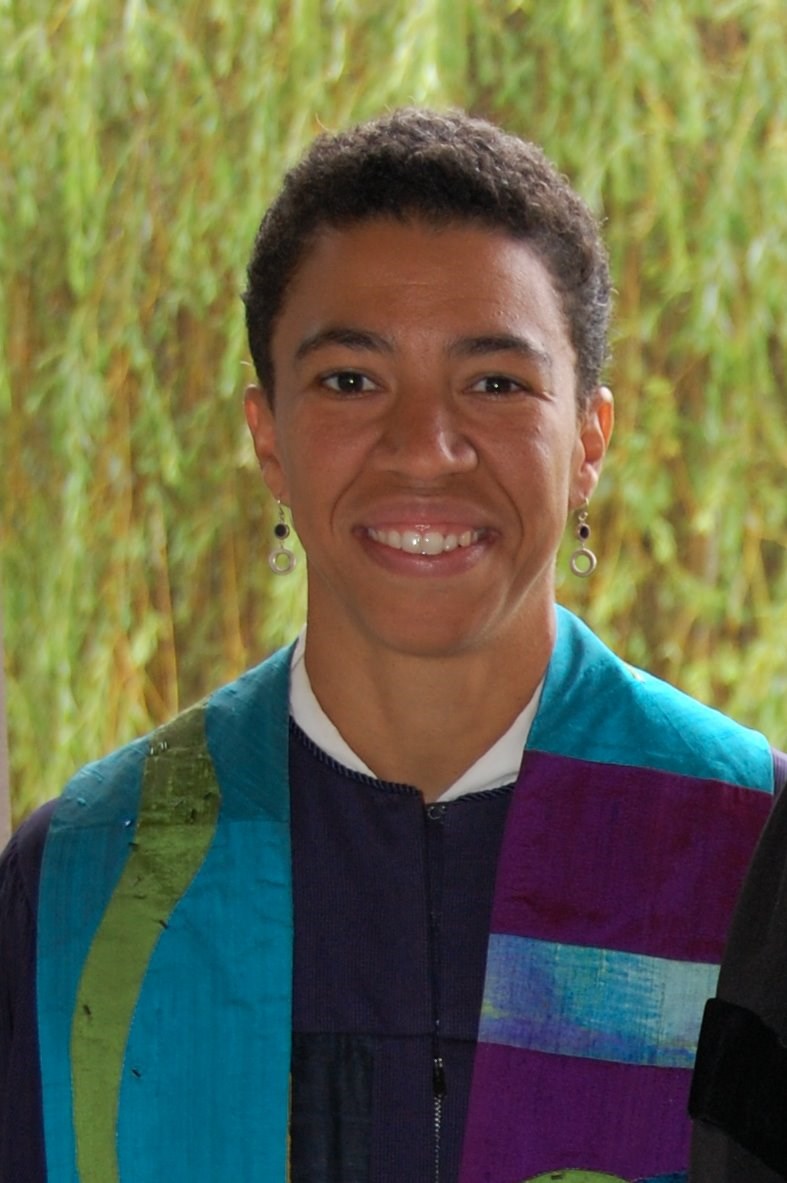 I was recently invited to speak at a conference focused on the theme of how to be more deeply human. The underlying supposition of the theme was that our despair and fear about the state of our world has left many wondering how to live now. What does this moment call for? How can I live in a way that helps, or at the very least does minimal harm?
I was recently invited to speak at a conference focused on the theme of how to be more deeply human. The underlying supposition of the theme was that our despair and fear about the state of our world has left many wondering how to live now. What does this moment call for? How can I live in a way that helps, or at the very least does minimal harm?
When I reflected on the theme, I began to marvel at the fact that in asking the question the hosts of the event were acknowledging that we are feeling lost. How could we possibly not know how to be deeply human? Isn’t that something that comes naturally to us? If I agree that we have forgotten what it means to be human, what would it take to recapture that core sense of purpose? Why am I here? What am I meant to do with my life?
In the end, I suggested that many aspects of modern life have made it harder for us to keep in touch with our humanity—1) isolation 2) leaning into certainty instead of curiosity, and forgetting to focus on 3) empathy and humility. In many ways you could say that our deepest humanity is rooted in knowing that we are connected. It is one of the great ironies of our time that we are connected almost constantly by technology and yet are more polarized than ever. It is as if we have lost the skills needed to connect face-to-face. We have too often accepted us vs. them narratives and seen our differences of opinion and identity as the last word.
Our deepest humanity, however, is rooted in the fragility of all of our lives. Unless we work together we will be unable to save the planet. If we cannot see that our vulnerabilities, and not our masks of perfection are what bind us to one another, we will be left wondering what is wrong with us.
One of the things I most profoundly appreciate about my vocation as a minister is the daily reminders I get of what connects me to the human family. In my feelings of love and loss, joy and fear, I find that I have experienced what everyone else has at some point or another. At weddings and memorial services, hospital beds and potluck meals, I am reminded that the struggle and beauty of being alive are remarkably common at the same time the specific details are remarkably personal.
The young people often show the way. I have been profoundly moved by the climate protests led by those who know their future depends on all of us changing course in how we treat our Earth home. Personally, I have often found that children are my best teachers. They remind me to stay grounded in the moment and to continually work on staying in relationship even when its hard. The kids at my son’s elementary school challenge me everyday to think with a we focus. It is not enough to simply love and wish for the best for my own friends and family. I need to extend my care and concern to the whole playground. If we are all lovable, if we all matter, then it follows that I should be invested in the well being of all children. It is not hard to do. Looking out at a playground full of children it is easy to want what’s best for all of them. Not just for them to get along with each other and not take a painful tumble, but to wish for a world which gives them each the message that they matter and cared for. Those faces—the smiles and laughter and tears—have become my inspiration. I will do what I can for them.
 Rev. Shana Lynngood is co-minister of First Unitarian Church of Victoria.
Rev. Shana Lynngood is co-minister of First Unitarian Church of Victoria.
You can read more articles on our interfaith blog, Spiritually Speaking,. HERE
Photo of laughing boys by Aman Shrivastava on Unsplash


